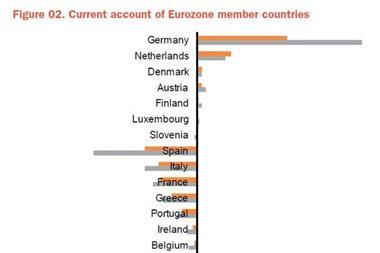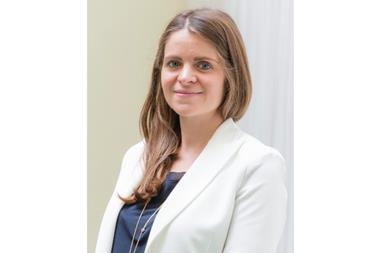Don’t mistake measuring risk for actually understanding it. Better risk management can give a competitive advantage

It is time to change our thinking about risk, according to Tower Watson.
The professional services company today published research into the current norms in risk management and concluded that institutions still need to develop a better understanding of the subject of risk.
The report, named The Wrong Type of Snow, combines a study of existing practices, the analysis of new ways of thinking about risk and some proposals for improving risk management by institutional funds.
Risk management as a still relatively young discipline has been focused mostly on the harnessing of technology to measure risk rather than on understanding the concept of risk itself, claimed Tower Watson.
“It is time to redress the imbalance and promote better management over more measurement and we need to be careful not to mistake measurement for understanding,” said Tim Hodgson, head of the Thinking Ahead Group at Towers Watson.
We believe a risk ‘sweet spot’ exists whereby enough risk is taken to generate wealth but not so much that mission is likely to be permanently impaired
Tim Hodgson, Towers Watson
“We have come to a growing conviction that better risk management can give competitive advantage. Institutions can achieve this by shifting their thinking to align risk with mission by modifying practices to adopt a better risk framework and by bringing these together through stronger risk governance.”
Hodgson also argues that risk should be redefined in the context of long term value creation. “We are increasingly defining risk as ‘impairment to mission’, or as ‘surviving the whole journey’, and are introducing the concept of adaptive buffers into our advice,” he said.
These buffers are financial and non-financial mechanisms available to an investor to support them through adverse periods.
“We believe a risk ‘sweet spot’ exists whereby enough risk is taken to generate wealth, given the available buffers, but not so much that mission is likely to be permanently impaired.”
Risk models over emphasise short term success over long term goals and return over risk, said the report. They also fail to deal adequately with complexity and in particular with “endogenous risk”.




















No comments yet